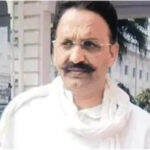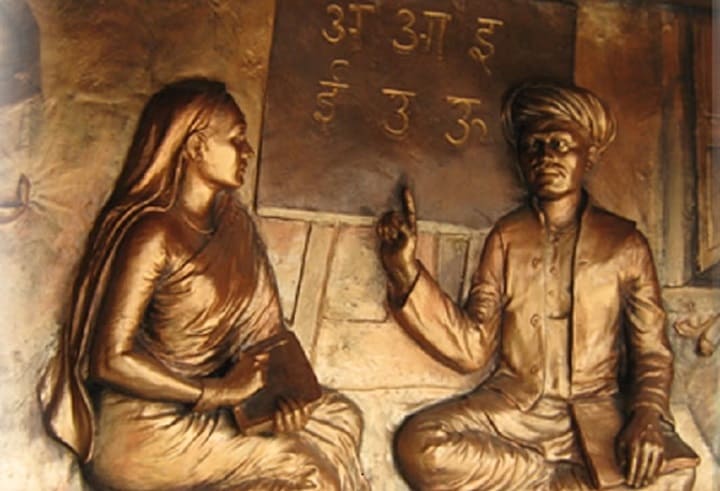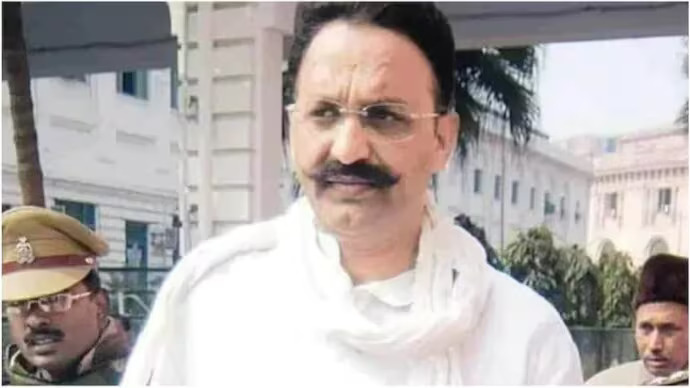Savitribai Phule, one of India’s earliest and most prominent advocates for women’s education and social reform, passed away on March 10, 1897. As we mark her death anniversary today, it is an opportune moment to reflect on her pioneering work and enduring legacy. Savitribai Phule, along with her husband Jyotirao Phule, played a crucial role in the social reform movement in the 19th century, particularly in the areas of education and women’s rights.
Table of Contents
Early Days
Born in 1831 in Satara, Maharashtra, Savitribai defied the societal norms and restrictions of her time to become one of the first modern Indian feminists and educators. Married at the age of nine to Jyotirao Phule, a fellow social reformer, she resolved to dedicate her life to empowering women and uplifting marginalized communities through education.
Family Background:
She was born into a family of the Mali (gardener) caste, which was considered a relatively humble agricultural caste at that time.
- Her father Khandoji Nevase Patil was a farmer with meager landholdings.
- Her mother Lakshmi passed away when Savitribai was just 9 years old.
- She had an elder brother and a younger sister.
- At age 9, she was married off to the 13-year-old Jyotirao Phule from Pune in 1840, as per the prevalent custom.
Savitribai’s family lived in modest financial conditions as small farmers/gardeners. After marriage, she moved to Pune which was relatively more prosperous than her rural village. However, her husband Jyotirao Phule also came from a similar humble background. The couple faced many financial difficulties, especially in the initial years when setting up one of India’s first girls’ schools in 1848.
First Female Teacher of India
Savitribai Phule is often regarded as the first female teacher of India. In 1848, Savitribai and her husband founded one of India’s first schools for girls in Pune. At a time when female education was heavily stigmatized and girls from marginalized castes faced immense discrimination, their endeavor was truly revolutionary. Savitribai taught at the school, authored books, and worked tirelessly to spread awareness about the importance of educating girls and women.
Kavya Phule
Apart from her work in education, Savitribai Phule was also a prolific poet and wrote several poems addressing social issues and advocating for women’s rights. Her seminal work, the poetry collection “Kavya Phule,” boldly challenged patriarchal traditions, gender discrimination, and the oppressive caste system that plagued Indian society. Through her verses, she gave voice to the struggles and aspirations of women and the underprivileged.
Points About Kavya Phule
- “Kavya Phule” is Savitribai Phule’s most important and influential work. It is a collection of poems published in 1854.
- The collection contains a total of 9 long poems that attack the ills plaguing Indian society at that time.
- The poems offer a scathing critique of patriarchy, caste discrimination, child marriage, widow oppression and other social evils.
- Through her poetry, Savitribai raised her voice for women’s education and rights.
Savitribai Phule passed away on March 10, 1897 in Pune at the age of 66 or 67 years old. By most accounts, she appears to have died of some prolonged illness or natural causes related to old age. Some sources mention that in her final years, Savitribai had become very frail and weak due to the years of relentless work and struggle for social reforms against oppressive traditions.
As we commemorate her death anniversary, we must remember Savitribai Phule not just as an icon, but as a courageous woman who fought against all odds to uplift the downtrodden and champion the cause of gender equality. Her legacy serves as a guiding light for all those striving towards a just and equitable society, where every individual, regardless of gender or social status, has access to education and opportunities for growth.
To know more keep visiting our website.











One thought on “Remembering Savitribai Phule on Her Death Anniversary: First Female Teacher of India”